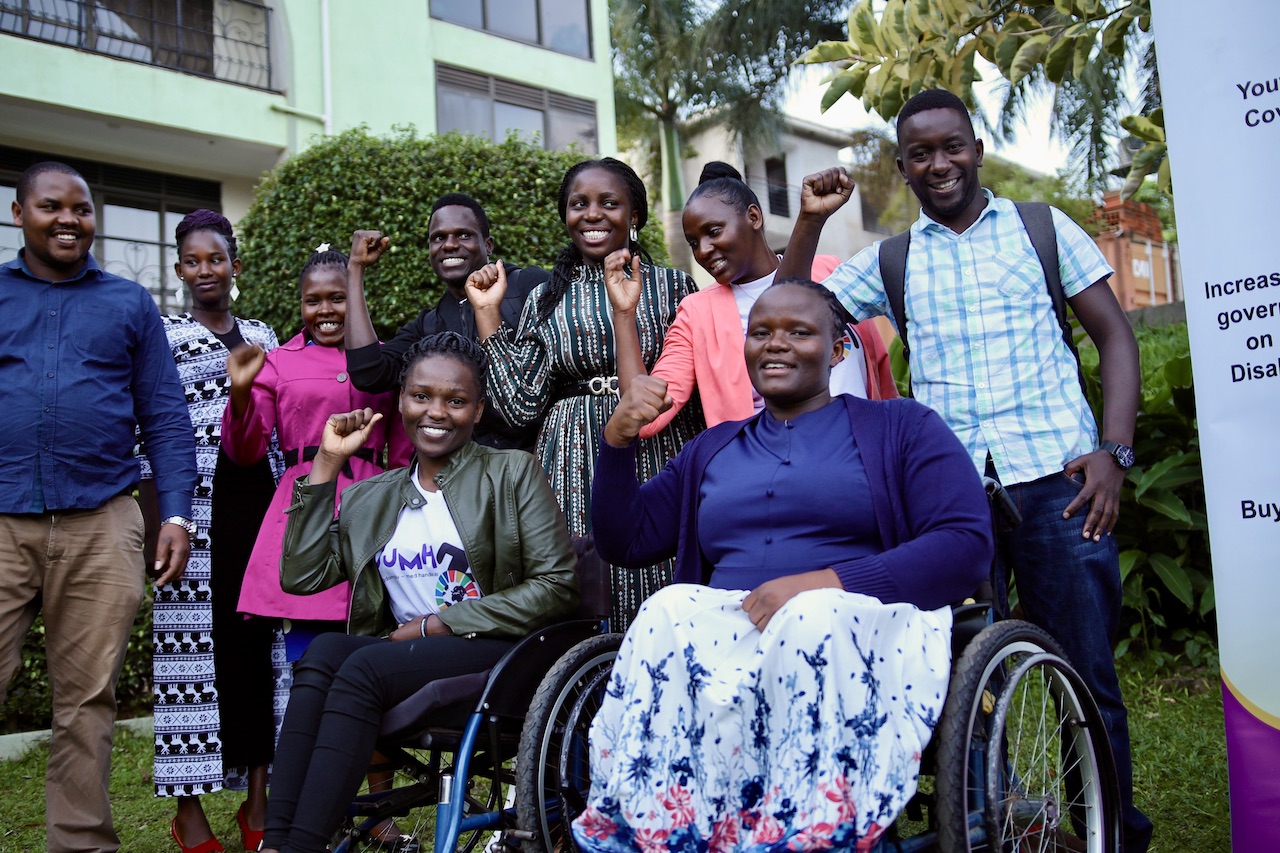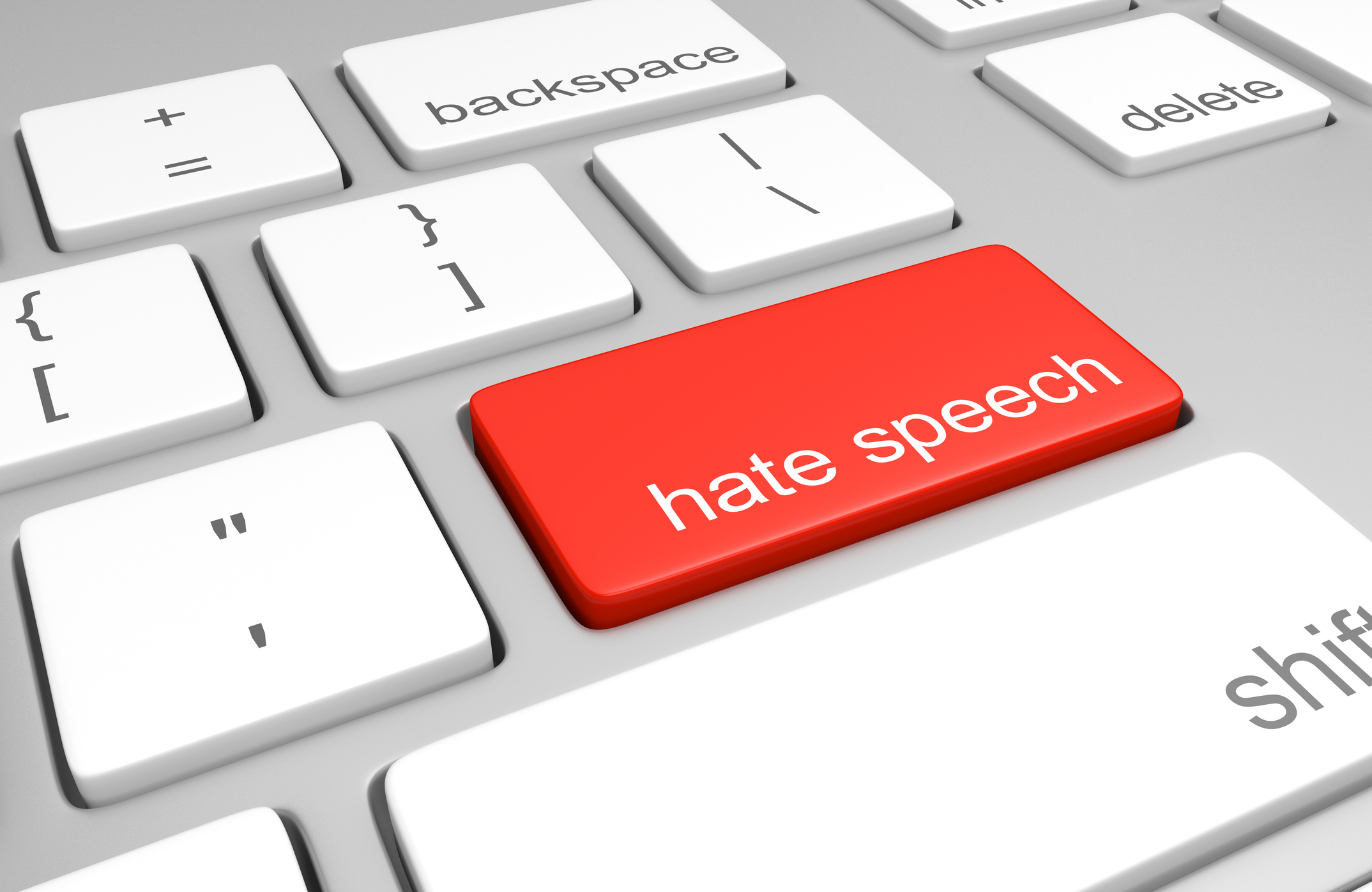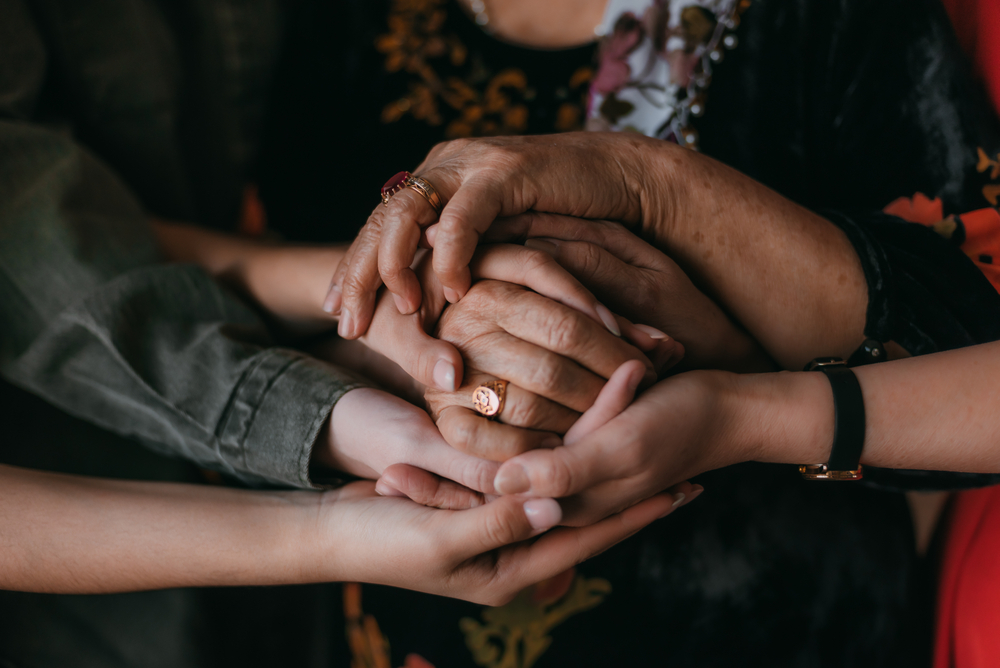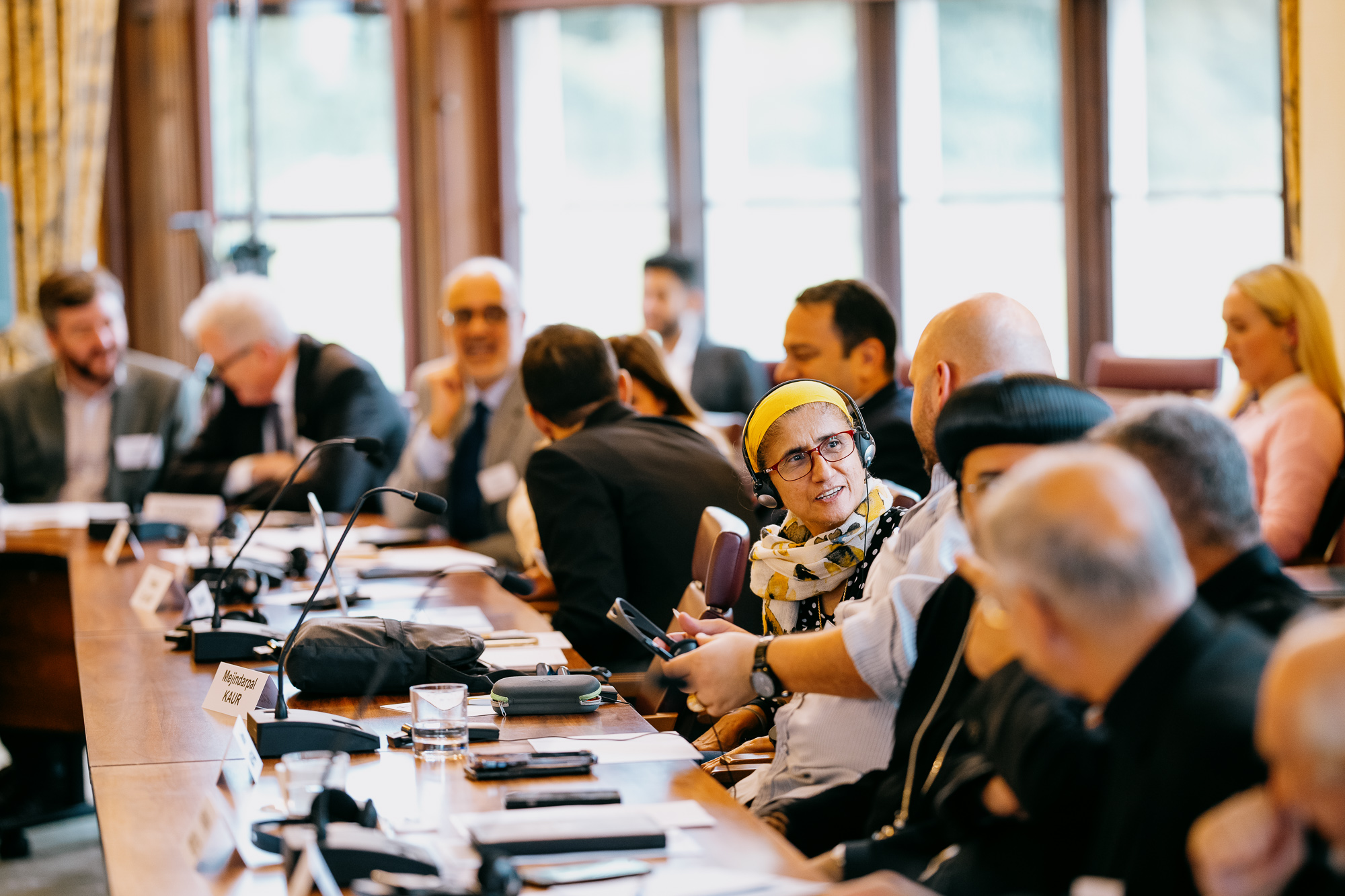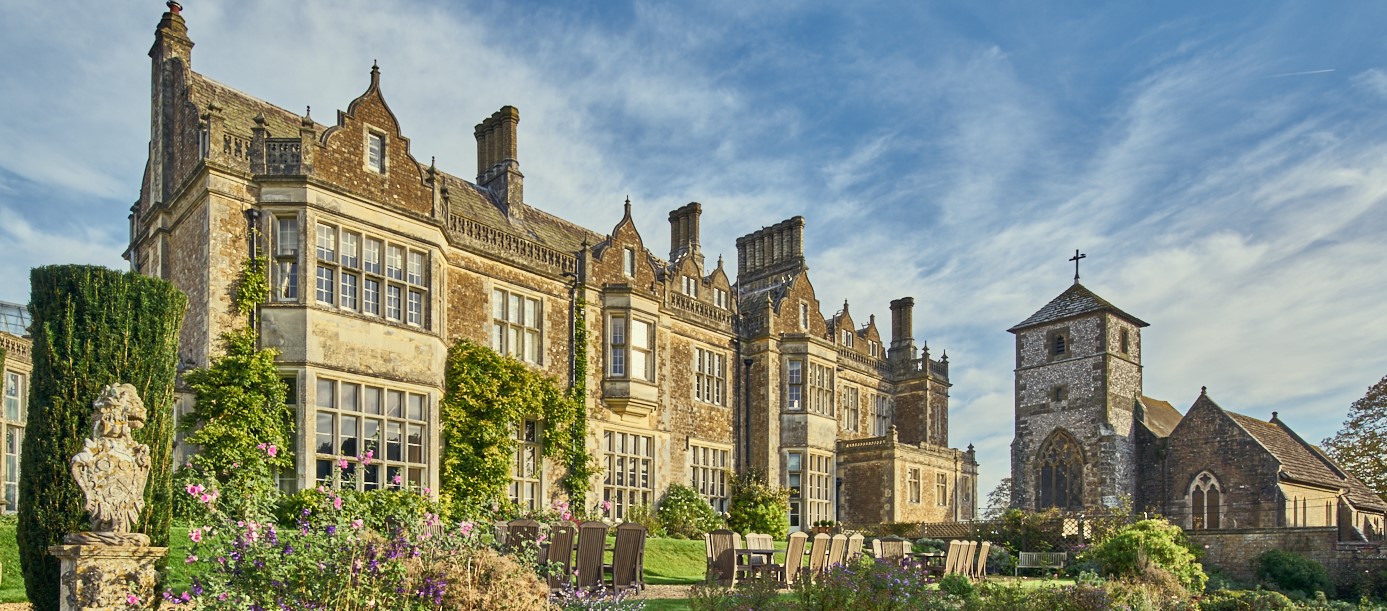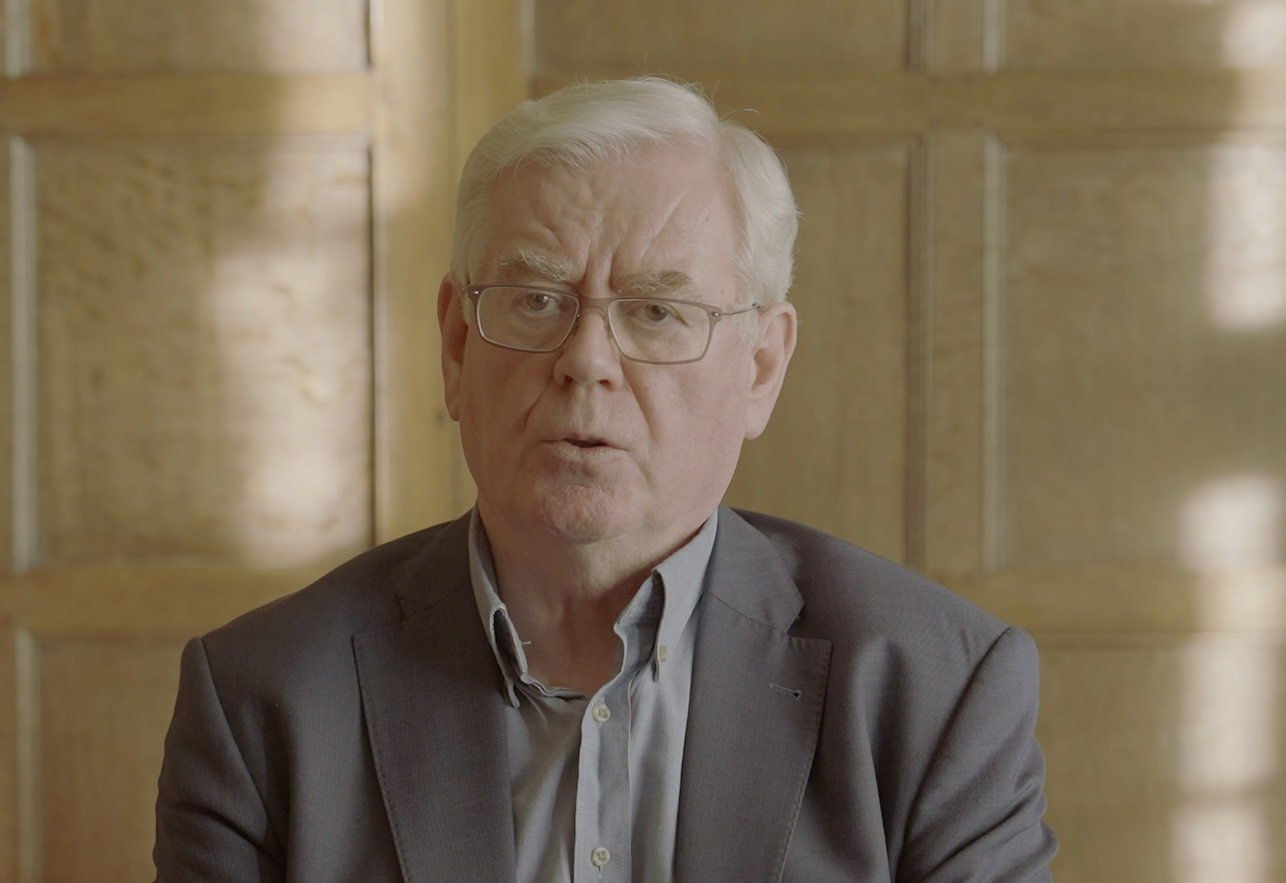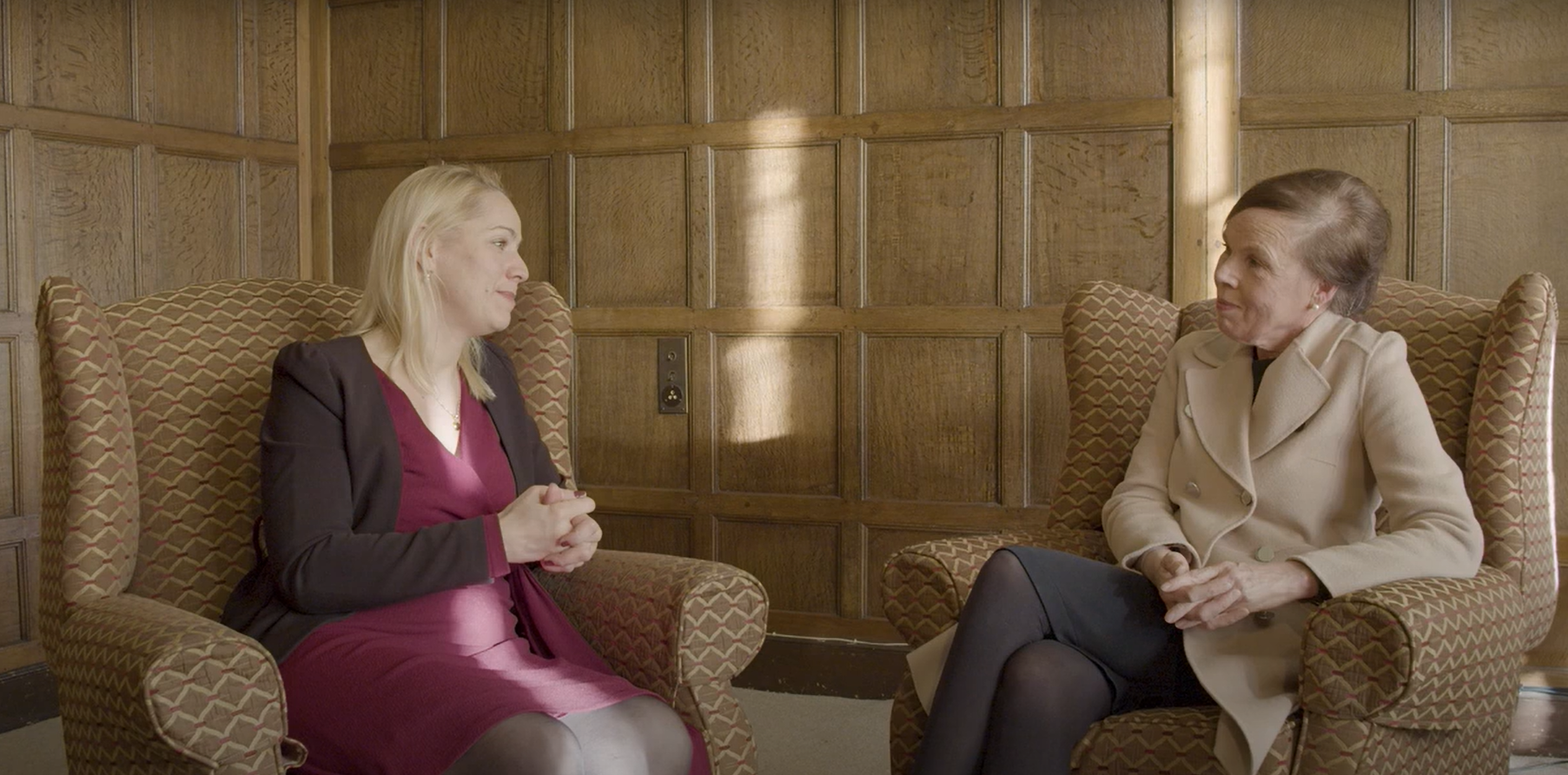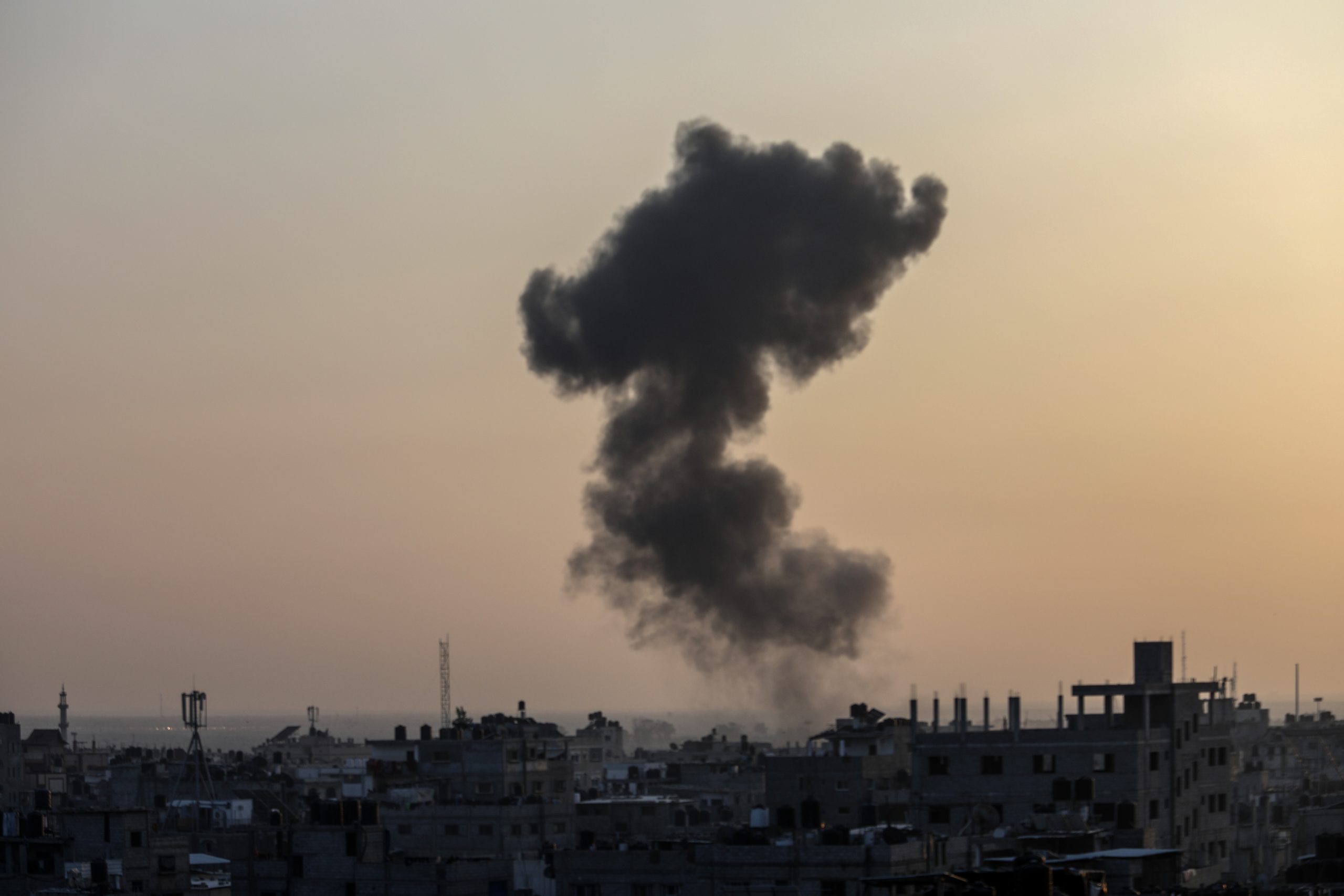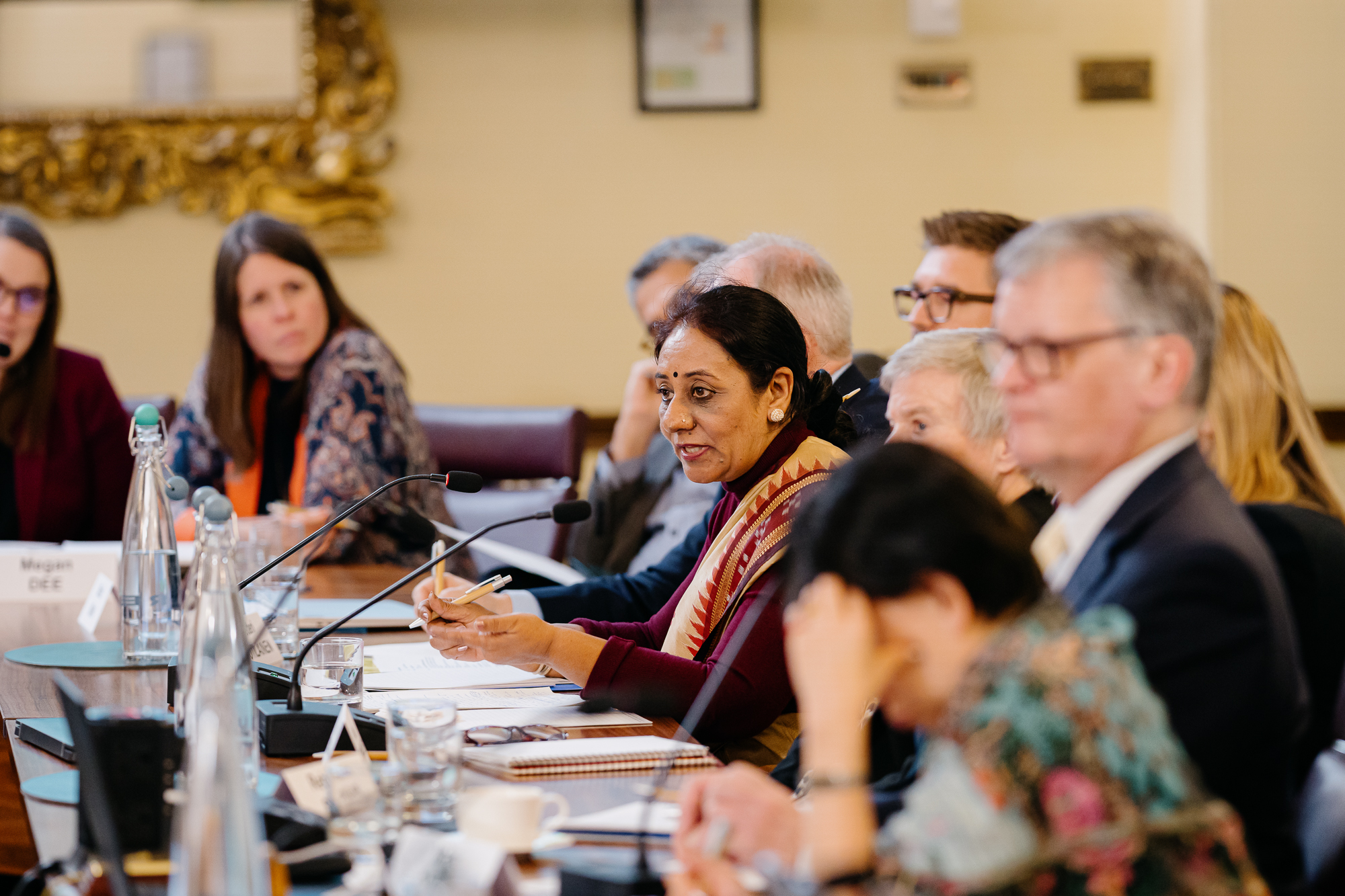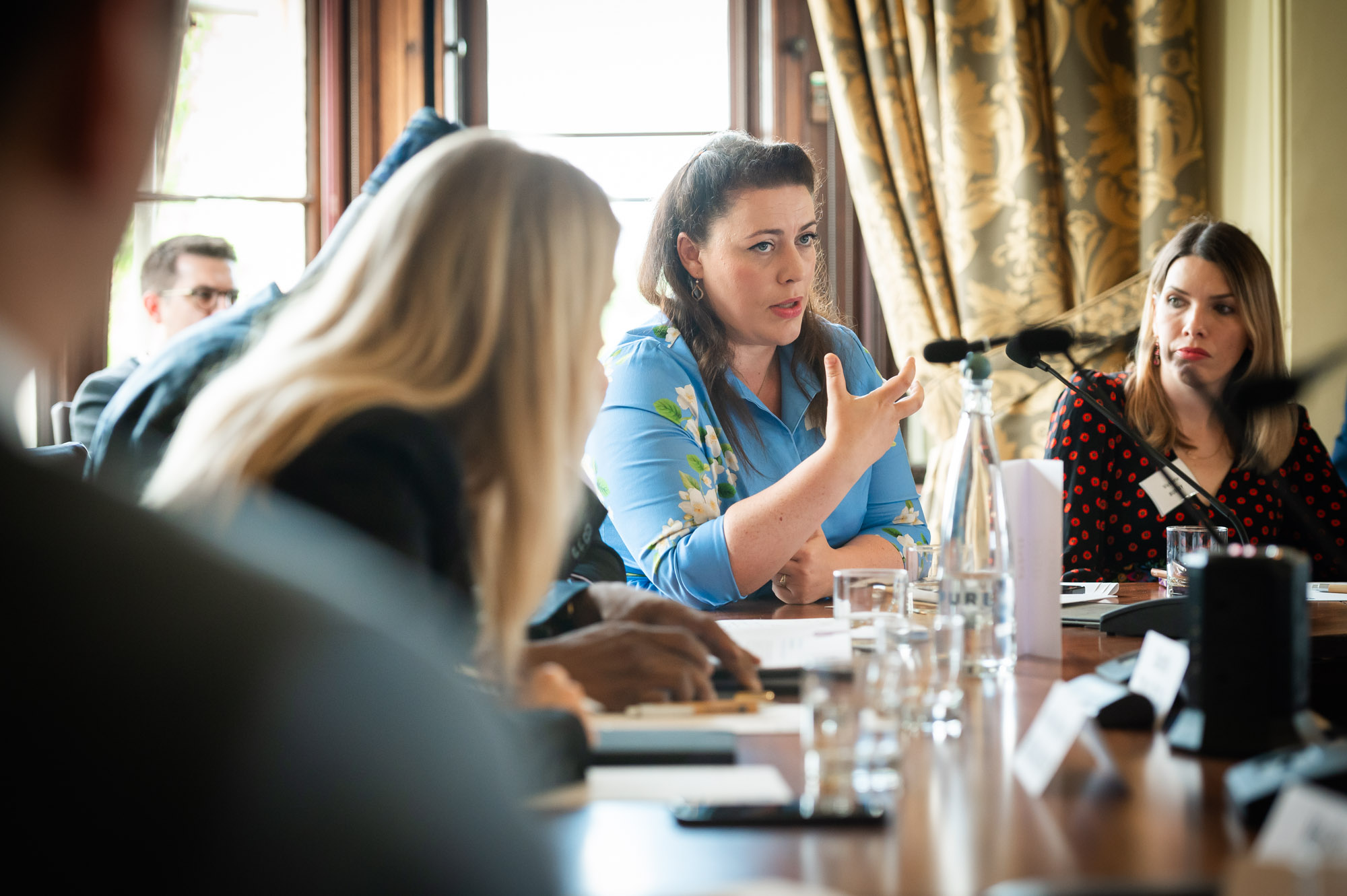The challenging discussion regarding the relationship between religion, sexual orientation, gender identity and sex characteristics is at the forefront of the international human rights debate, generating discourse at a number of high level meetings, including the UN Human Rights Council, Global LGBTI Human Rights Conference and CHOGM.
This roundtable built on work undertaken in other fora, with a focus on ways in which to promote greater tolerance for sexual minorities in the context of faith and the inter-face between LGBTI activists, religious leaders and LGBTI people of faith, recognising that they are not mutually exclusive.
The meeting brought together over 60 people including faith communities, LGBTI and human rights advocates, selected governments, international institutions and regional organisations. Discussions considered how stakeholders can work together to promote LGBTI rights and freedom of religion and develop alliances for progressive action.
This off the record event, which follows on from our 2014 Promoting the human rights of LGBT persons: next steps for international institutions and civil society, promoted frank exchange in a safe and neutral environment in order to share lessons learnt and exchange best practice, promote tolerance and increase capacity to provide protection from harm.
It aimed to:
- Identify challenges facing LGBTI persons of faith, faith leaders and faith communities, and seek ways forward to raise awareness and promote equal human and civil rights
- Consider different perspectives on LGBTI equality and identify how best to work with national legislators, community and faith leaders to promote tolerance;
- Share lessons learned and best practice amongst civil society and faith groups to increase capacity to provide protection from harm;
- Strengthen international focus and collaboration on the promotion of human and civil rights of LGBTI persons;
- Further develop networks in support of advocacy groups and faith communities with a view to future joint working.
Video
We asked a number of our participants ‘What is one thing people of faith could do to help address LGBTI+ discrimination?’
What can you take away from this LGBTI+ and faith event?

